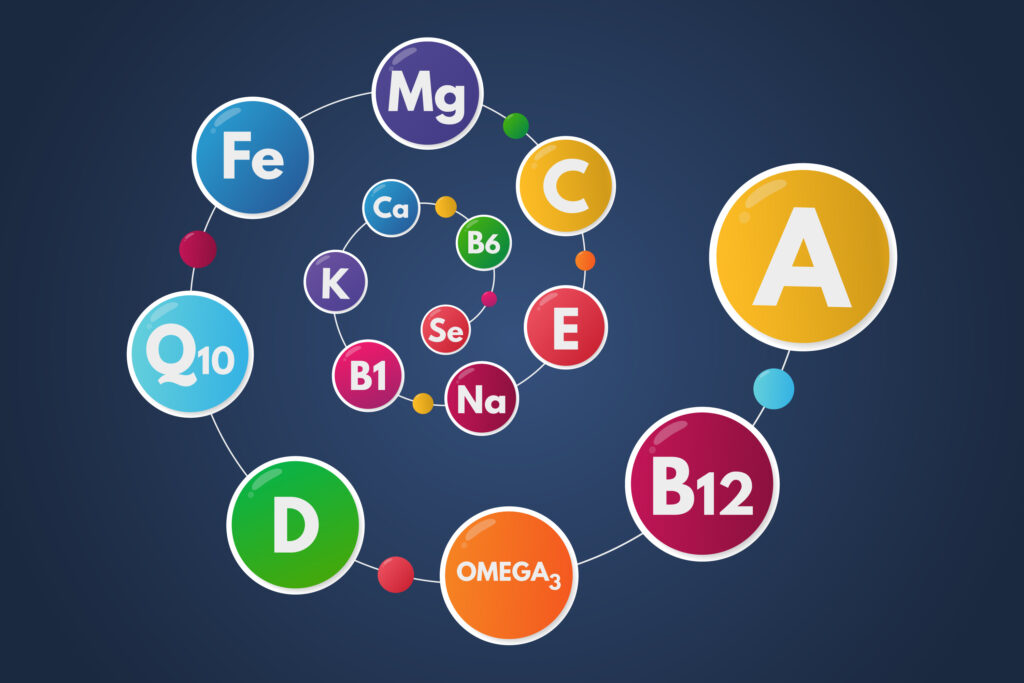Australian players who value colourful presentation and steady performance often appreciate the relaxed atmosphere found while browsing pokies at Lucky Elf Casino. The platform blends playful themes with practical navigation, allowing quick access to slots without unnecessary clutter. Reels load promptly on both desktop and mobile devices, helping sessions feel uninterrupted. Bonus features are presented clearly, supporting longer play without overwhelming newcomers. The mix of classic-style pokies and feature-driven titles suits different preferences, making it comfortable for casual spins as well as more extended gaming sessions.
Clean structure and intuitive menus can make a real difference when choosing where to spin, and many Aussie punters notice this while exploring the slot catalogue at Ozwin Casino. The layout feels organised, with categories that help players locate favourites quickly. Gameplay remains stable across devices, and mobile optimisation keeps animations smooth. Promotions are outlined transparently, allowing players to understand conditions without confusion. Combined with a diverse pokies library, the overall experience feels straightforward, balanced, and suited to both short visits and longer evening sessions.
Atmosphere plays a key role in online gaming, and a lively yet uncluttered design is easy to spot when spinning reels through Lucky Vibe Casino. Australian users can transition between desktop and mobile without noticeable changes in performance, keeping gameplay consistent. The slot range covers traditional formats alongside modern video pokies with engaging features. Bonuses are integrated naturally into the interface, adding value without disrupting the flow. This balance between energy and clarity makes the platform appealing to players seeking both entertainment and smooth usability.
Players who enjoy themed slot environments with strong visual identity often gravitate towards platforms that combine character and reliability, which becomes evident at Spin Samurai. The interface supports easy navigation, letting Australian punters move swiftly between categories and featured games. Load times remain short, helping maintain immersion during longer sessions. Promotional offers are structured clearly, ensuring players can assess potential value at a glance. With a mix of action-inspired pokies and classic reels, the overall experience feels engaging yet comfortably paced.
Consistency and refined presentation are important for those who prefer a smoother gaming rhythm, something clearly reflected when browsing the pokies collection at Velvet Spins Casino. The design leans toward a polished aesthetic, while menus remain simple and easy to follow. Australian players benefit from responsive controls and steady performance across devices. Bonus mechanics are displayed in a transparent manner, supporting informed choices. The selection of slots ranges from familiar classics to visually rich titles, providing variety without complicating navigation.
For players who prioritise straightforward access to games and stable functionality, the structure offered by Win Spirit Casino can feel refreshingly direct. Categories are arranged logically, making it easy for Australian users to discover new pokies or revisit favourites. Mobile gameplay mirrors desktop quality, maintaining clarity and responsiveness. Promotional details are presented with clarity, helping players gauge opportunities quickly. The balance between simplicity and variety supports relaxed sessions, whether spinning a few reels during a break or settling in for extended play.
Bold themes and confident design elements often attract players seeking a more energetic feel, and that impression comes through when exploring slot titles at Wolf Winner. Australian punters can expect smooth transitions between games and consistent loading speeds across devices. The interface keeps essential options within easy reach, reducing distractions. Bonuses are woven into the experience without dominating the screen, allowing focus to remain on gameplay. A mix of high-impact visuals and familiar mechanics creates an environment suited to dynamic spinning sessions.
Efficiency paired with creative slot design can shape a memorable gaming session, which becomes apparent when navigating the pokies available at Woo Casino. The platform emphasises quick loading times and a tidy layout, supporting uninterrupted play for Australian users. Mobile compatibility ensures visuals remain sharp and controls responsive. Promotional features are outlined clearly within the interface, helping players understand potential rewards. With a catalogue that balances classic reels and modern feature-rich slots, the overall experience feels versatile and smoothly executed.



